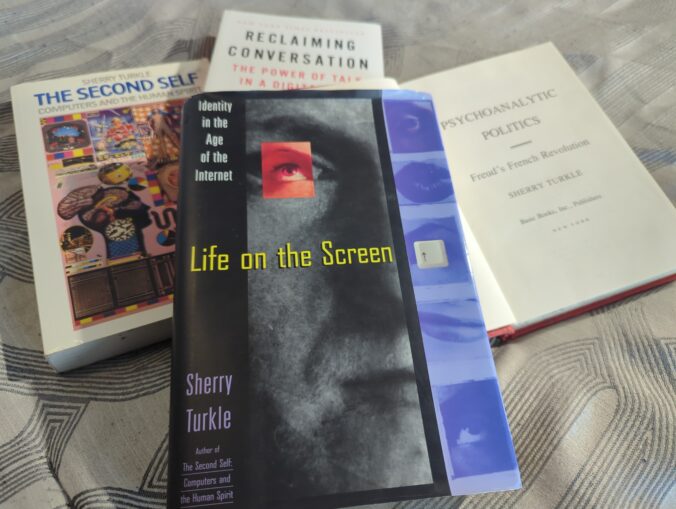Peekaboo! ICQ!
Peekaboo is a game we play with infants in order for them to learn what child psychologist Jean Piaget termed object permanence.
…A world composed of permanent objects constitutes not only a spatial universe but also a world obeying the principle of causality in the form of relationships between things, and regulated in time, without continuous annihilations or resurrections. Hence it is a universe both stable and external, relatively distinct from the internal world and one in which the subject places himself







